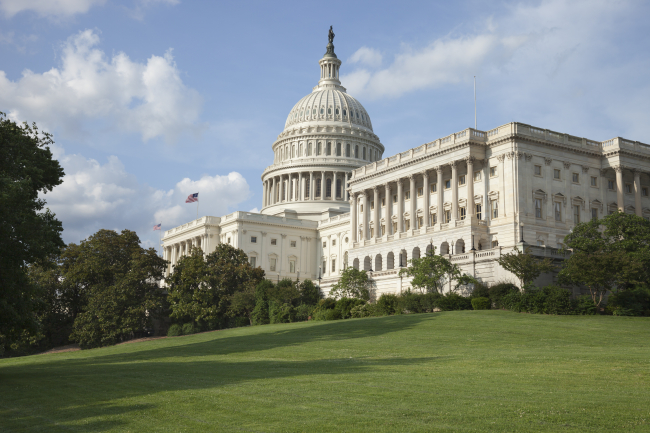BLOG
Proposed Regulations for 1031 Exchange

On June 11, 2020 the U. S. Treasury released proposed regulations that have been promised since the passage of the Tax Cuts and Jobs Act (TCJA) at the end of 2017. In the TCJA, Congress repealed 1031 like-kind exchanges of personal property and left taxpayers with only real property 1031 exchanges. There are four primary provisions that clarify or change the current application of Section 1031.
How do the proposed regulations affect 1031 exchanges?
First, the proposal makes it clear that real property for purposes of Section 1031 is land and improvements to land, unsevered crops and other natural products of the land, and water and air space adjacent to the land. Treasury also makes it clear they are not willing to adopt any other definition of real property from other areas of tax law. However, it appears that the proposal would treat licenses, permits, and other rights that derive their value from real property as assets eligible for section 1031 which removes uncertainty about those items.
The proposals also confirm a more recent policy contained in IRS rulings that that state law definitions of real property generally are not controlling in determining the meaning of "real property" for purposes of section 1031. Federal law will continue to provide the guideposts.
The proposed regulations also pose distinctions in whether a real property asset is land, an inherently permanent structure, or a structural component of an inherently permanent structure. Under the proposed regulations, a structural component of an inherently permanent structure is any distinct asset that is a constituent part of, and integrated into, an inherently permanent structure.
The proposal changes slightly some current treatment of personal property that is incidental to replacement property. Under the current regulations, incidental personal property that does not exceed 15% of the value of the exchange real property does not have to be delineated in the 45-day identification. It did not allow the personal property to be treated as part of the real property exchange. Under the current proposal the qualified intermediary company facilitating the exchange can distribute exchange funds for acquisition of personal property without violating the exchange rules. In order to do so, the personal property must be incidental to the real property in the exchange which means that if, in standard commercial transactions, the personal property is typically transferred together with real property, and the aggregate fair market value of the incidental property is not greater than 15% of the aggregate fair market value of the replacement property.
What can be expected while the proposed regulations are considered?
We can expect many in the real estate industry including 1031 exchange companies, realtors, attorneys, CPA’s and other tax advisors to comment on the proposed regulations. Accruit, LLC and many others actively involved in the real estate industry are encouraged that the proposals are generally taxpayer friendly. The Real Estate Roundtable, National Association of Realtors, the Federation of Exchange Same as intermediary, facilitator, or Qualified Intermediary. The party who facilitates a tax-deferred exchange by acquiring and selling property in an exchange to aid the taxpayer in complying with Section 1031 and all applicable rules. Accommodator s of which Accruit is a member and others have long maintained that the positive use of 1031 exchange transactions are critical to the health of real estate and the economy in general. That belief is supported by academic research and thoughtful analysis of real-world transactions which confirm that 1031 exchanges encourage continued investment in communities, increase market liquidity, increases local tax revenues and create more jobs.
We will continue to analyze the proposed regulations and comment as needed with many of our like-minded friends in the real estate industry and we will keep our clients posted on the approval process and issuance of the final regulations.

